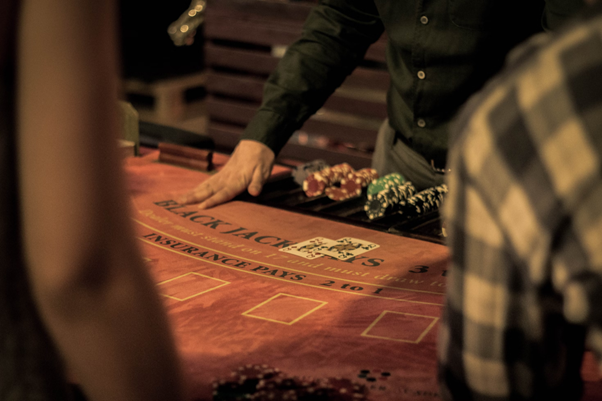Casinos have always been a hub for risk-taking, and the hope of striking it rich. While poker, blackjack, and roulette are timeless classics, not every game has been lucky to remain in the spotlight. Over the decades, some casino games have vanished into obscurity, forgotten by most but remembered by history buffs and gambling enthusiasts. This article will take you on a journey through some of the most interesting casino games that have gone extinct. Don’t worry if you’re new to this topic, everything will be explained simply.
Faro: The People’s Card Game
Faro was one of America’s most popular gambling games during the 19th century. Often called “the people’s game,” it was simple to learn, fast-paced, and had better odds for players than many modern casino games. Players would bet on cards from a standard deck, hoping their chosen card would match the dealer’s draw.
So, why did Faro disappear? The game became notorious for cheating both by players and casino operators. Without proper regulation and trust, its reputation fell. By the mid-20th century, Faro tables were replaced by games like blackjack and poker. You can try them by using Dragon Slots login.
Hazard: The Grandfather of Craps
Hazard was an old dice game that dates back to medieval Europe. It was highly popular among aristocrats in the 17th and 18th centuries. Players would roll two dice and try to match specific numbers called “main” or “chance.” While it sounds somewhat similar to modern craps, Hazard had more complicated rules, which made it less approachable for casual players.
Craps eventually took over because it was simpler and faster to play. Hazard is almost entirely forgotten today, existing only in historical records and occasional period drama.
Basset: A High-Stakes Favorite
Basset was another card game that thrived in the 17th and 18th centuries, particularly among European nobility. Known for its incredibly high stakes, it was a game of pure chance in which players bet on cards drawn from a shuffled deck. Despite its popularity, Basset was eventually outlawed in many places because of its association with gambling debts and scandals.
Basset depended entirely on chance, unlike poker or blackjack, which mix skill with luck. This lack of strategy likely contributed to its decline, as players gravitated toward games that offered more involvement and excitement.
Klondike: The Forgotten Poker Variant
During the gold rush, Klondike, a poker variant, was once a big hit in Alaskan gambling halls. It used a similar structure to the five-card stud, where players were dealt cards and made bets based on their hand’s strength. However, more dynamic and thrilling versions like Texas Hold’em rose to fame as poker evolved.
Klondike faded into obscurity as players preferred newer poker variants’ faster pace and strategic depth. Its name, however, lives on in the solitaire card game we know today.
Boule: A Simpler Roulette
Boule was a French game that looked much like roulette but was easier to play. Instead of 37 or 38 numbers, Boule’s wheel only had nine slots numbered from 1 to 9, along with three color options. Players placed bets on a number or color, and a small ball was spun to determine the winner.
Boule’s simplicity may have been its undoing. Gamblers seeking thrills found it less exciting than the high-stakes drama of roulette, and by the 20th century, most casinos had phased it out.
Chemin de Fer: Bond’s Favorite Baccarat
Chemin de Fer, a French version of baccarat, was once the game of choice for the elite. Fans of James Bond may recognize it as the game played in several novels and films. Unlike modern baccarat, where players bet against the house, Chemin de Fer involved players competing directly against each other.
The game’s complex rules and slower pace made it less appealing as casinos moved toward streamlined, fast-paced options. Today, finding a Chemin de Fer table outside of exclusive European casinos is almost impossible.
Quinze: The Original Blackjack
Before blackjack became the global casino favorite, there was Quinze, a French game in which players aim to reach a total of 15 instead of 21. While the basic concept was similar, Quinze lacked the strategic depth and betting variety that make blackjack engaging.
Quinze eventually disappeared because blackjack offered a more dynamic experience with features like splitting, doubling down, and card-counting strategies.



